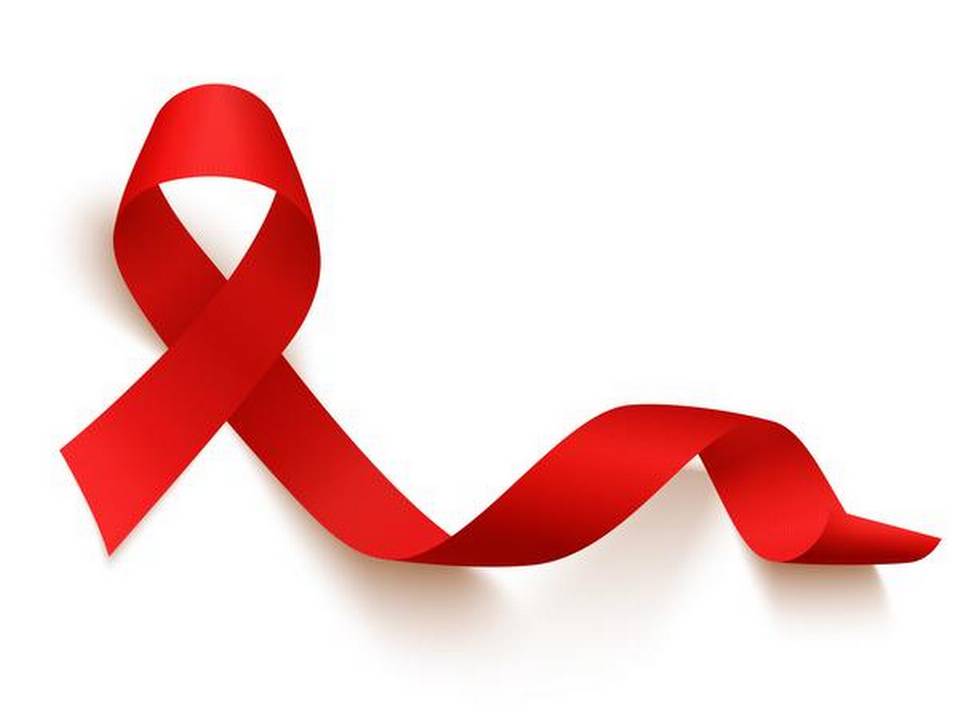Source: thehindu.com
The Joint UN programme on AIDS, commonly known as UNAIDS, is facing one of the worst challenges afflicting the global AIDS response — this time an existential threat questioning its very relevance. The UN Secretary-General, António Guterres, is expected to appoint a new executive director after the departure of Michel Sidibé in May 2019 on the recommendation of the programme coordinating board which manages the organisation. There are strong contenders from Africa and the U.S. in the reckoning among those who have been shortlisted.
A pivotal role
At such a crucial time, it is disturbing to hear voices again questioning the relevance of UNAIDS for the global response.
There are suggestions that AIDS should go back to the World Health Organisation (WHO) where it originally belonged to some 25 years ago. And that the new executive director should be equipped with an exit strategy to wind up the organisation.
Since its establishment in 1994, UNAIDS has been able to successfully mobilise world opinion to mount an exceptional response to an epidemic which has consumed over 20 million lives with still no effective treatment or cure. The UN General Assembly Special Session (UNGASS) 2001 was a game changer with the adoption of a political resolution that itself was exceptional in many ways. The creation of a Global Fund to Fight AIDS, Tuberculosis and Malaria (GFATM) and the slashing of prices of AIDS drugs by Indian generics have brought treatment within the reach of many countries. Today some 22 million people are under antiretroviral therapy (ART) and preventing mother-to-child transmission of HIV has become an achievable goal by 2020. The organisation has provided leadership to many countries which in 10 years (2001-2010) could halt the epidemic and reverse the trend.
The epidemic is still alive
However, at a time when it should be leading the global response to end AIDS as a public health threat, the organisation has started to falter in its strategy. First came the extremely optimistic messaging blitz that the world was going to see the end of AIDS very soon. This is far from true. Regions such as eastern Europe and Central Asia and West Asia are nowhere near reaching that goal, with many countries such as Russia witnessing a raging epidemic among drug users and men who have sex with men (MSM) communities. With the top leadership in UNAIDS exhorting countries to bring AIDS “out of isolation” and integrate with health systems, the political leadership in many countries have thought that AIDS is no more a challenge.
Second has been the thinking that the AIDS epidemic can simply be treated away by saturating anti retroviral (ARV) coverage. Nothing could be farther from the truth. It is forgotten that AIDS affects the poor, the marginalised and criminalised communities disproportionately as they face challenges in accessing the ‘test and treat’ programmes. The ever increasing number of young people who are joining the ranks of vulnerable populations do not get prevention messages like in the past. National programmes do not any more consider condoms, sexual education and drug harm reduction as central to the prevention of HIV transmission that results from unprotected sex and drug use. Funding for non-governmental organisations and community-based organisations working on prevention has virtually dried up.
Third has been the weakening of country leadership of UNAIDS in many high-prevalence countries. Senior country-level positions are, in many instances, held by people who do not possess the core competence to constructively engage political leadership to undertake legal reforms and provide access to services to marginalised populations.
Weakening activism
But the biggest setback has been the lost voice of vulnerable communities which was the main driving force of AIDS response in the decade after UNGASS. Activism surrounding AIDS has suddenly fizzled out emboldening many countries, especially in Africa, to further stigmatise and discriminate by enacting new laws that criminalise vulnerable sections of society.
To add to its woes, the charges against one of the senior most staff and his exit from the organisation have seriously compromised UNAIDS at a time when the global response needs its leadership the most. The new executive director will have an unenviable task of not just restoring the credibility and relevance of the organisation but strengthening its presence at country level and making it more meaningful to the communities which look to it for leadership. The new executive director has to work relentlessly to place prevention of the epidemic and empowering communities at the centre of global response.
With 1.7 million new infections and one million deaths occurring every year, we can’t afford to drop the ball half way. The commitment to end AIDS by 2030 is ambitious but not impossible to achieve. What we need is a re-energised UNAIDS with a strong and fearless leadership from a person of high integrity and commitment along with a sincere effort to remove the deadwood from the organisation. Any thought of winding it up or giving the mandate back to WHO would be suicidal at this moment.
